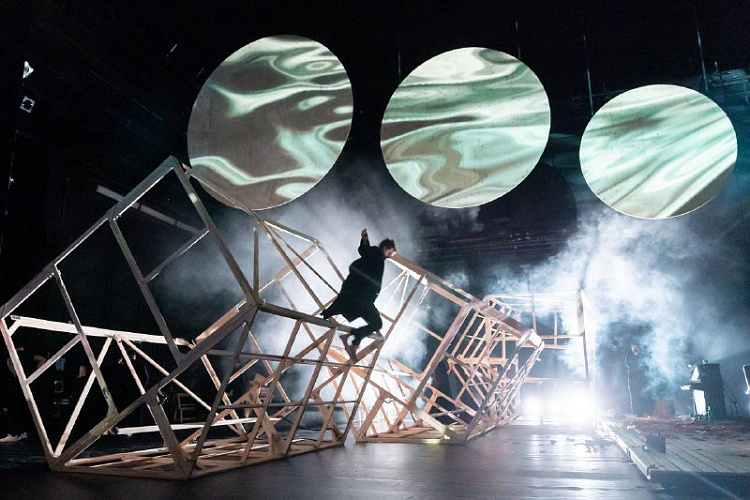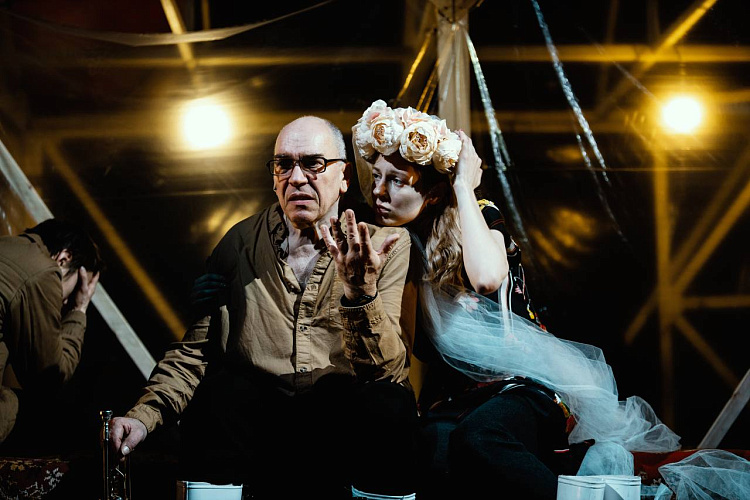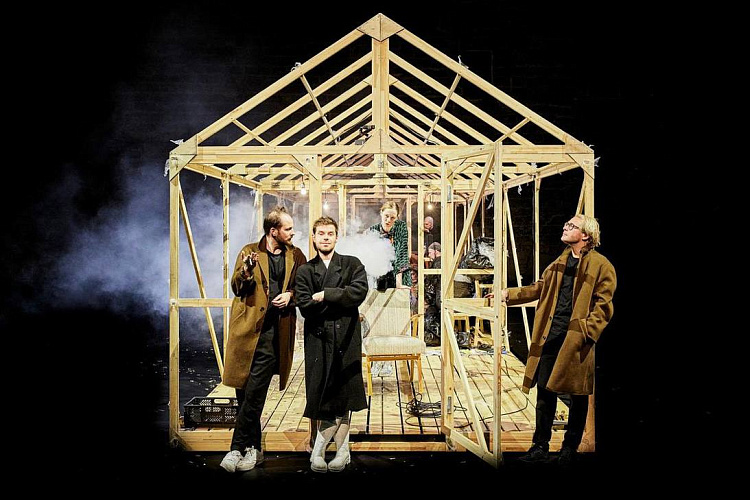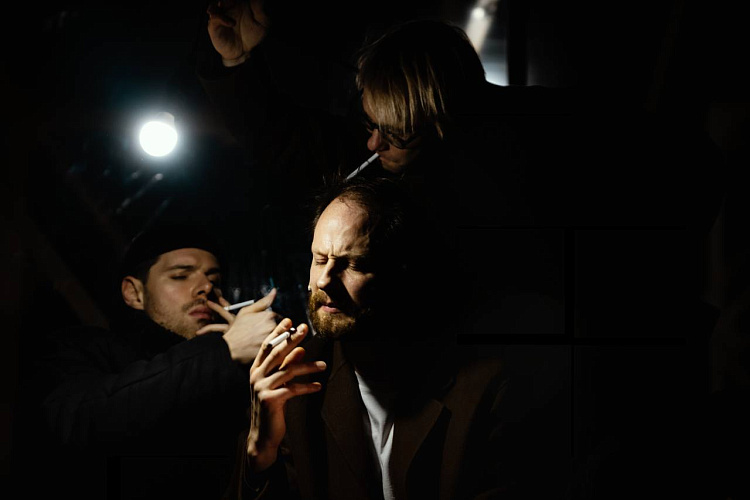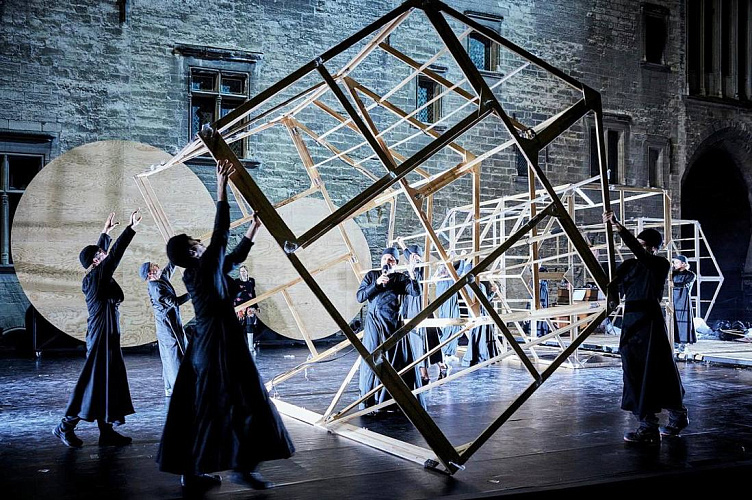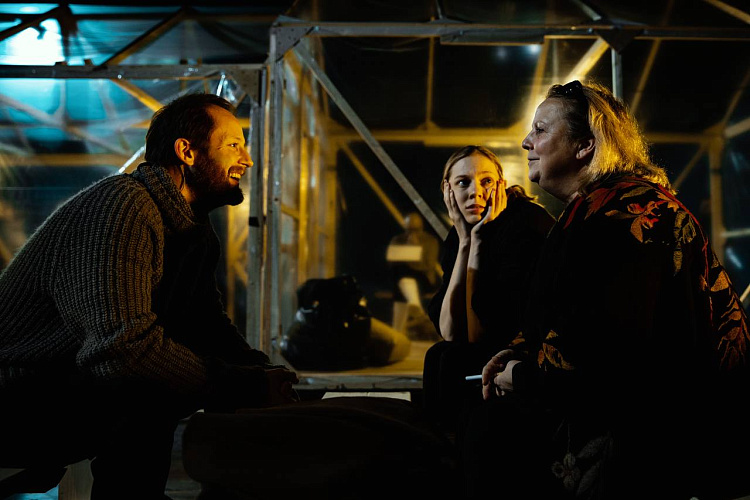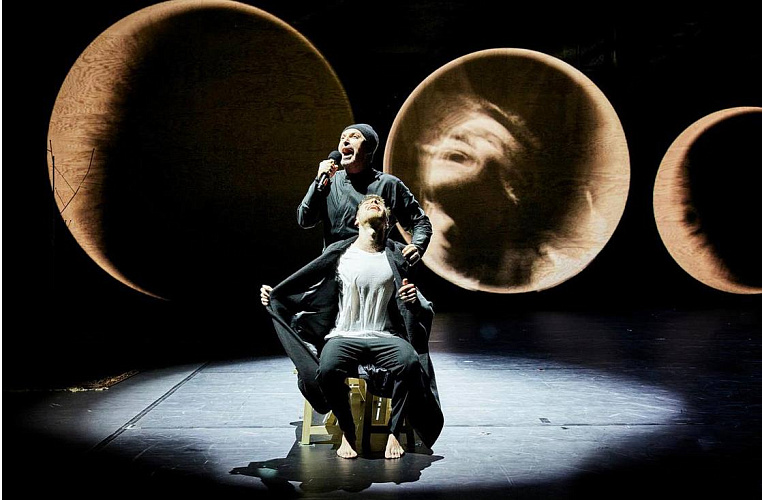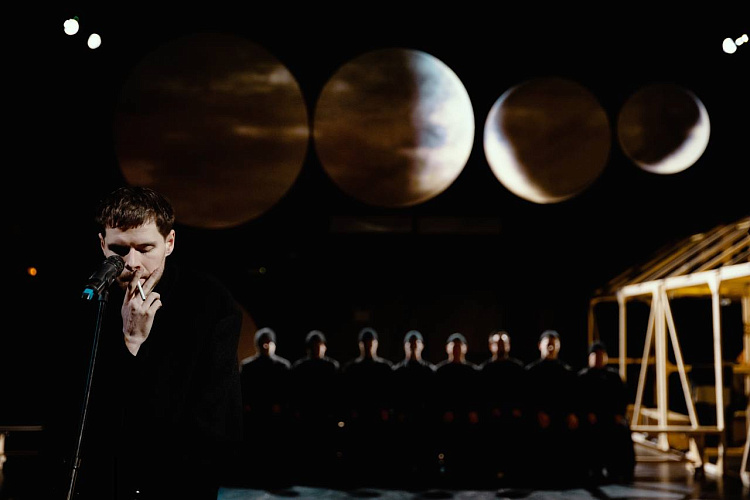The Black Monk
Inspired by the philosophy of Nietzsche, the romanticism of Edgar Allan Poe and an old Arabian fable, Chekhov uses this little-known, very special story to ask the big questions. And as always, he “only” asks them, but he does so with the diagnostic sharpness and laconic nature of a doctor. He doesn’t presume to give any answers. Kirill Serebrennikov radicalises Chekhov – boring deeper and deeper into a musical rondo and painful basic questions: Isn’t it the case that every human being has something unique and special about them, something that can be seen as beautiful, with the right to individual choices and freedom? And that we circle around this significance – again and again until we are on the edge of eccentricity and losing ourselves? But isn’t it also the case that life is only possible when you serve in humility and remain modest? Chekhov’s case study here is a gardener, who cares for his piece of Earth with devotion and love, cultivating a garden which gives him his rhythm. This garden could be his whole world. There’s little room here for any wild dreams of freedom. It’s well thought out: On the one hand there is always the self-indulgence of our wills and wishes, on the other hand the “insult” to humanity of being nothing special, rather just as irrelevant and vulnerable as everything else in nature.
How do we escape this conflict? A gardener, his daughter, a broken man, and an undead black monk, like The Flying Dutchman… and what?
An international production performed by a Russian, German, American, Armenian and Latvian ensemble.
Performances on 26 and 27 October 2024 at Thalia will be with Russian subtitles
WORLD PREMIERE 22ND JANUARY 2022, THALIA THEATER
Photo - Ira Polyarnaya, Krafft Angerer
